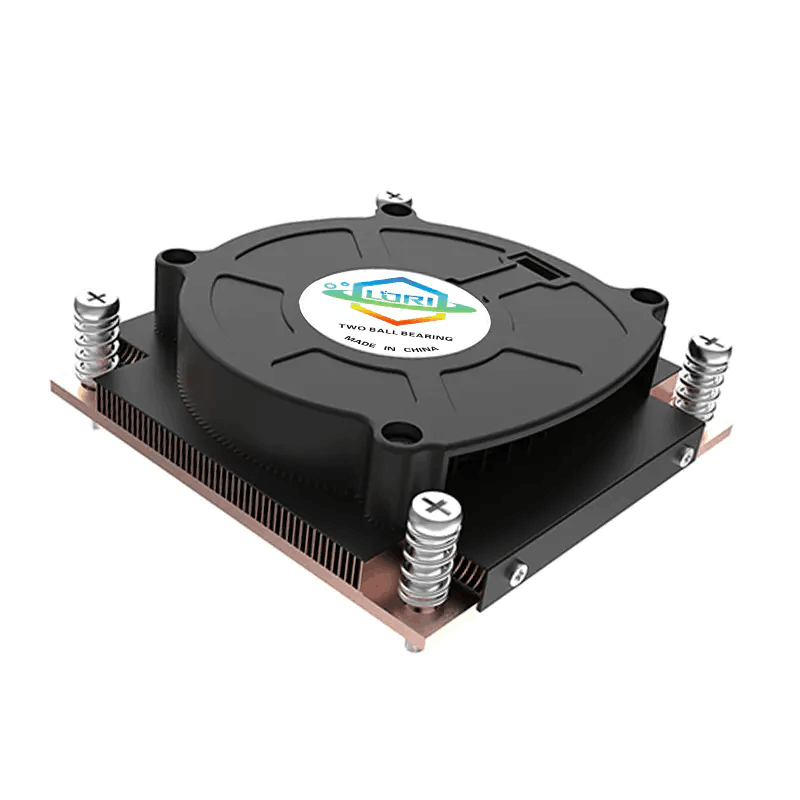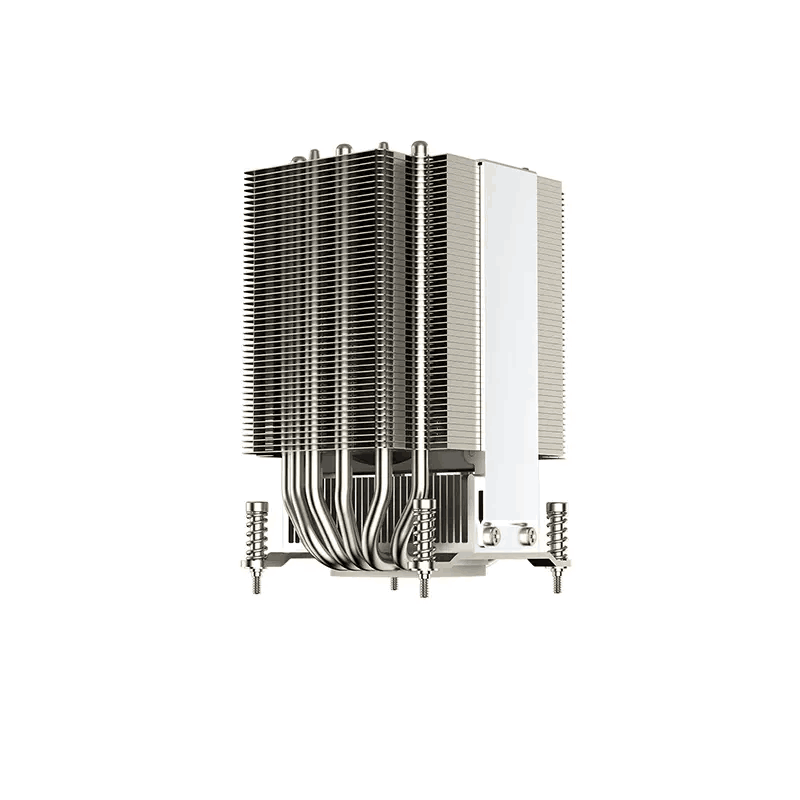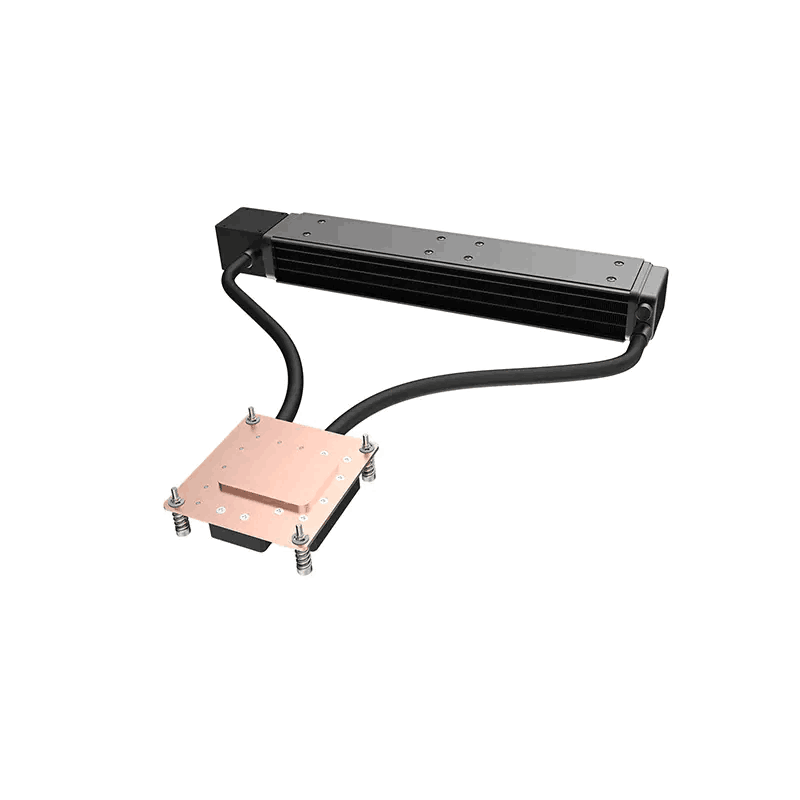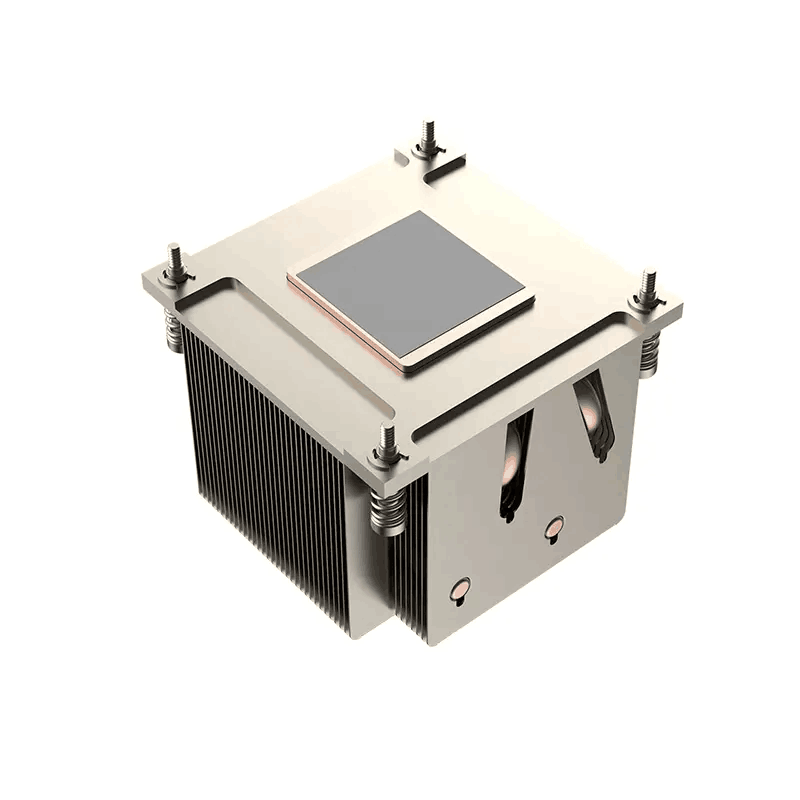BETTER TOUCH BETTER BUSINESS
Contact Sales at Lori.
When selecting a cooler for a server, it is important to consider cooling efficiency, noise levels, compatibility, and cost. Liquid cooling systems offer superior cooling performance but come at a higher price; large-sized fan coolers provide a good cost-performance ratio and are suitable for most users; heat pipe coolers perform well in small cases. The choice should be made based on server configuration and budget.
Choosing the right cooler is one of the key factors in ensuring system stability and extending its lifespan. This article will analyze various types of coolers to help users select the most suitable cooling solution for their servers.
Fan Coolers
Fan coolers are the most common type of cooling equipment. They work by using fans to expel heat from the server’s heat sink. The main advantages of this type are its relatively low cost and simple installation. However, traditional fan coolers may struggle under high loads and consume a significant amount of power.

Tower Coolers
Tower coolers effectively dissipate heat generated by the processor through a combination of heat sinks and cooling fans. These coolers typically have a larger surface area and provide better cooling performance, making them suitable for server environments with higher cooling requirements but adequate space.

Liquid Coolers
Liquid coolers use liquid circulation to carry away heat. Compared to traditional air cooling, liquid coolers offer more efficient cooling performance, especially in high-performance computing environments where the processor generates a lot of heat. Although the initial investment for liquid cooling systems is higher, the long-term benefits of stable operation often justify the additional cost.

Heat Pipe and Vapor Chamber Coolers
To handle higher heat densities, heat pipe and vapor chamber technologies are widely used in high-performance coolers. Heat pipes use the evaporation and condensation of a working fluid to rapidly transfer heat, while vapor chambers use the vapor within the entire chamber to spread heat. These technologies provide efficient heat conduction in a compact volume, making them suitable for high-density server applications.

Material Choices: Aluminum Alloy, Copper, and Copper-Aluminum Composite Coolers
Selecting the right material is also important for cooler performance. Aluminum alloy coolers are popular due to their good thermal conductivity, lightweight, and cost-effectiveness but may perform poorly in high temperatures or corrosive environments. Copper coolers excel in thermal conductivity and high-temperature resistance but are heavier and more expensive. Copper-aluminum composite coolers combine the advantages of both, offering a balanced choice that provides good performance and cost-efficiency in various environments.
Cooler Selection Recommendations
When choosing a server cooler, consider factors such as thermal output requirements, internal server space, budget, and maintenance preferences. For servers that run continuously and generate a lot of heat, a liquid cooling system might be the best choice. For medium to small servers, a tower cooler or high-end fan cooler may be more appropriate. It is crucial to weigh the cooler’s performance, cost, compatibility, and ease of maintenance during the selection process.
Related FAQs
Q1: What is the typical lifespan of a server cooler?
A1: The lifespan of a server cooler generally depends on its material, operating environment, and workload. High-quality coolers can last over 5 years under normal conditions. Liquid cooling systems, due to fewer moving parts, may have a longer lifespan, but regular checks of the liquid circulation system are necessary.
Q2: How can I tell if a server cooler needs to be replaced?
A2: Signs that a server cooler may need replacement include frequent overheating leading to automatic shutdowns or performance drops, or unusual noise from the cooler. It is also necessary to regularly check if dust accumulation or aging has degraded the cooler's performance.
Selecting the appropriate server cooler is a process involving multiple considerations. From fan coolers to liquid cooling systems, each type of cooler has its unique advantages and suitable scenarios. The key is to balance the server’s needs, budget, and operational environment to choose the cooler that best meets the requirements.
Copyright © 2025 Shenzhen Lori Technology Co.,Ltd. | All Rights Reserved